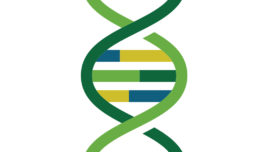Career Interview: Haig Kazazian, Jr., MD
Professor of Human Genetics Johns Hopkins University School of Medicine ASHG: What academic or extracurricular activities were you involved in during your training that helped you stand out among your peers? Dr. Kazazian: I did a genetics fellowship with Barton Childs at Hopkins, but at that time much of the fellowship was spent taking basic genetics... Read More

